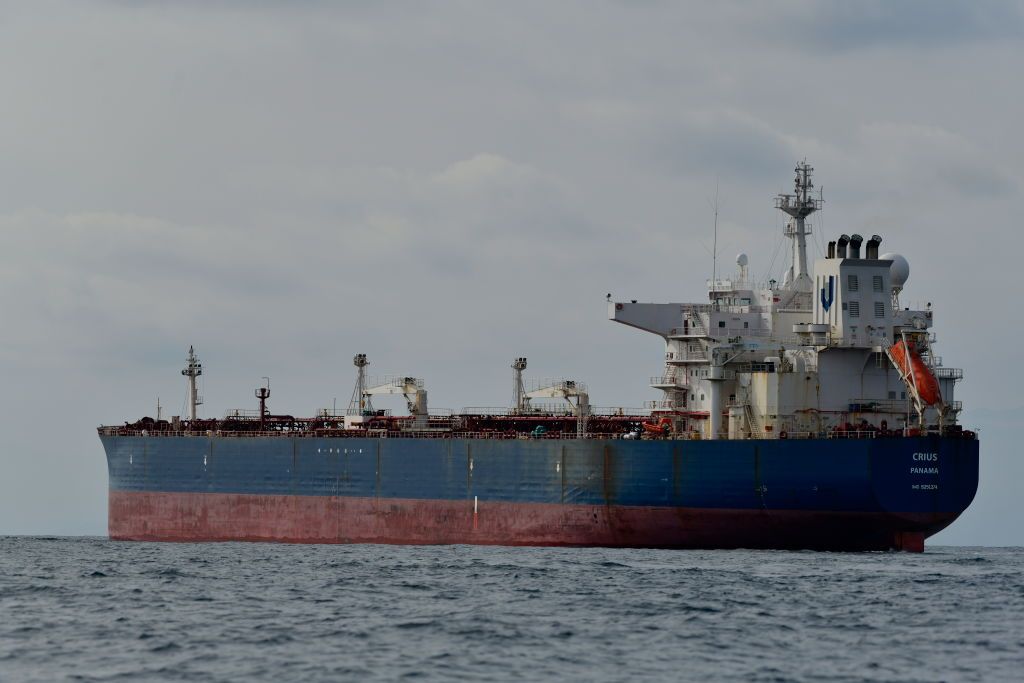70% of Russian oil shipped by shadow fleet, posing environment risk, report says

Russia's "shadow fleet" of old and poorly insured tankers transports 70% of the country's seaborne oil exports, according to an analysis published by the Kyiv School of Economics (KSE) Insititute on Oct. 14.
The report's conclusions underscore how Moscow is successfully evading the West's attempts to stifle its oil revenues through the $60-per-barrel price cap imposed two years ago.
The G7 unveiled the cap in late 2022 in an effort to undermine Russian fossil fuel profits, which feed Moscow's war against Ukraine, while minimizing impacts on the global oil market.
To circumvent this restriction, Russia has invested $10 billion in expanding its shadow fleet since 2022, the KSE Institute's report said.
In the first half of 2024, almost 75% of Russian seaborne oil was reportedly shipped through northern European waters—including the Danish Straits and the English Channel—with roughly 60% of that carried by shadow tankers that are, on average, 18 years old.
The Ukraine-based think tank underscored the environmental risks posed by the shadow tankers, as these often uninsured and aging vessels increase the danger of oil spills.
Bloomberg reported in September that tankers also often reject the services of experienced Danish pilots when navigating the country's dangerous shipping straits, further increasing the risks.
The KSE Institute called for a coordinated approach to tackle Russia's shadow fleet to "protect the environment and ensure overall maritime safety in coalition waters." The report proposed several concrete steps, including mandatory insurance disclosure for vessels in the price cap coalition's waters.
The coalition should also work with the "flag states" — the nations under whose flags the vessels choose to sail — through diplomatic channels and commercial incentives to ensure their compliance with international regulations.
Tankers that do not adhere to these regulations should be sanctioned, and "coalition countries should have the authority to stop vessels posing immediate environmental or safety risks," the KSE Institute recommended.
The U.S., the EU, and other Western partners have been imposing additional sanctions against tankers and companies evading the price cap since late 2023.
The think tank noted that sanctions imposed against the shadow fleet have not impacted global oil prices and that Russia is unlikely to cut production. This means that the proposed steps would cause only minimal disruptions to global markets, the report concluded.











